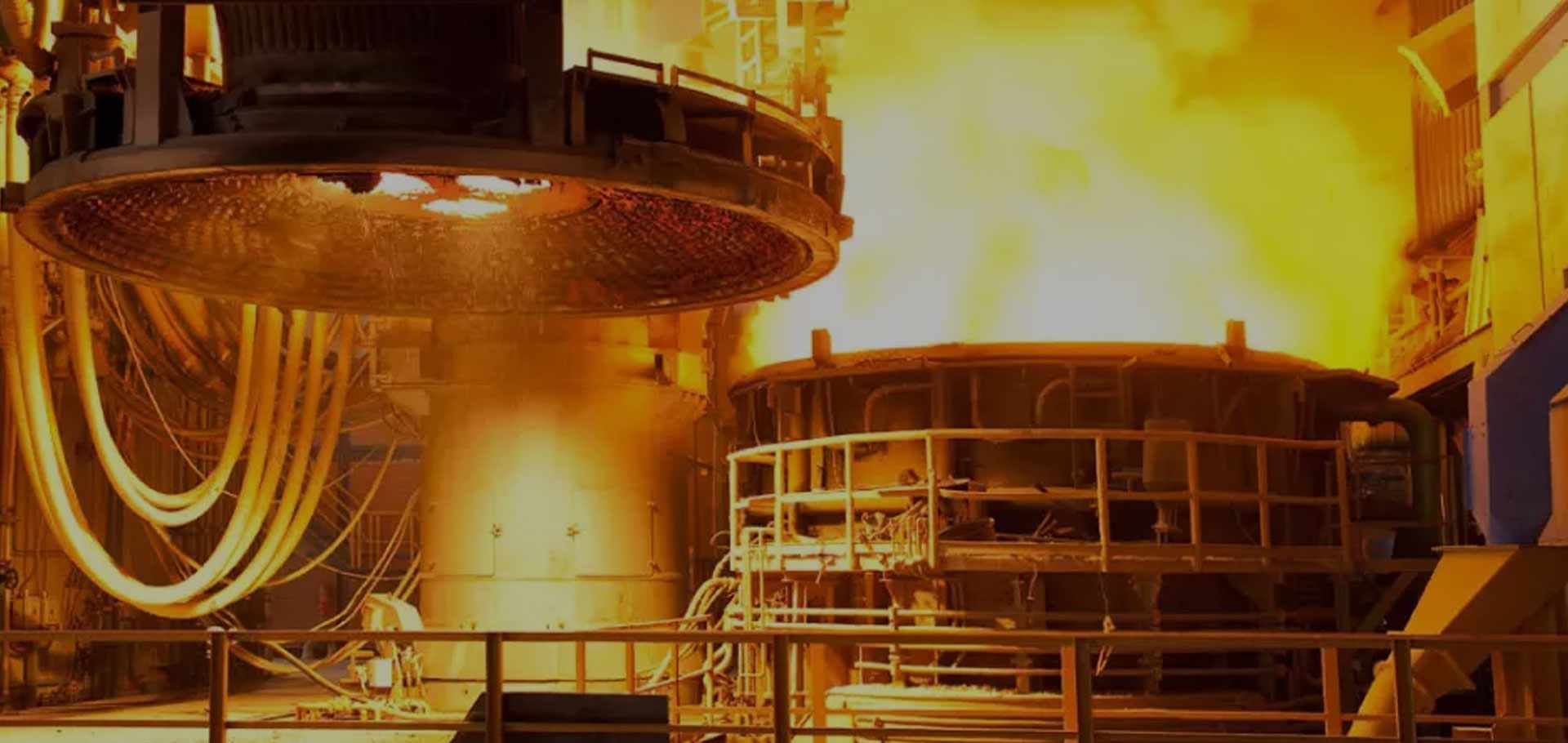Rosewool Thermal Insulation Refractory Materials: Boost Steel Industry Efficiency & Cut Costs
In the high-stakes world of steel production, where temperatures soar to 1,600°C (2,912°F) and operational efficiency directly impacts profitability, the role of thermal insulation refractory materials cannot be overstated. These materials are not just "components"—they are the unsung heroes that safeguard equipment, reduce energy waste, and ensure consistent output. Among industry leaders, Rosewool has emerged as a trusted name, delivering refractory solutions that redefine durability, performance, and value for steel manufacturers worldwide.
Why Thermal Insulation Refractories Matter in Steel Production
Steelmaking is a relentless cycle of extreme heat, chemical reactions, and mechanical stress. From blast furnaces to continuous casting machines, every stage subjects equipment to:
- Ultra-high temperatures (up to 1,600°C in molten metal handling).
- Thermal cycling (rapid heating and cooling, which weakens materials over time).
- Corrosive environments (molten slag, gases, and chemical byproducts).
Without robust thermal insulation, these challenges would cripple operations:
- Energy loss: Poor insulation forces furnaces to burn more fuel to maintain temperatures, inflating costs.
- Equipment damage: Unprotected linings degrade faster, leading to frequent downtime for repairs.
- Quality inconsistencies: Temperature fluctuations can ruin steel batches, impacting product integrity.
This is where Rosewool’s specialized refractory materials step in—bridging the gap between performance and cost-efficiency.

Rosewool: Engineered for Steel Industry Demands
Rosewool’s thermal insulation refractories are crafted with precision, combining advanced materials science with decades of industry expertise. Here’s why they stand out:
1. Superior Heat Resistance & Thermal Stability
Steel production demands materials that thrive under fire. Rosewool’s refractories, primarily composed of silicon-aluminum fibers and ceramic matrices, boast:
- Low thermal conductivity (as low as 0.04 W/m·K), minimizing heat loss and reducing energy consumption by up to 20% in furnaces.
- Excellent thermal shock resistance, enduring rapid temperature changes without cracking or spalling (critical for processes like ladle preheating or converter operations).
- High refractoriness (up to 1,800°C), ensuring structural integrity even in the hottest zones of blast furnaces or electric arc furnaces.
2. Enhanced Equipment Lifespan
Repeated exposure to molten metal, slag, and gas erosion wears down traditional refractories. Rosewool’s materials are designed to:
- Resist chemical corrosion from slag (a major cause of lining failure in converters and ladles).
- Maintain mechanical strength under mechanical stress (e.g., vibration from rolling mills or taphole drilling).
- Extend lining lifespan by 30–50% compared to standard refractories, reducing costly replacement frequency.
3. Energy Efficiency: A Game-Changer for Steelmakers
Energy costs account for 30–40% of steel production expenses. Rosewool’s insulation reduces heat transfer, enabling:
- Lower fuel consumption: Less energy needed to maintain process temperatures, directly boosting profit margins.
- Stable temperature profiles: Consistent heat distribution improves product quality (e.g., uniform steel grade consistency).
- Reduced carbon footprint: Lower energy use translates to fewer greenhouse gas emissions, aligning with global sustainability goals.

Real-World Applications: Rosewool in Action
Rosewool’s refractories are trusted across key steelmaking processes:
- Blast Furnaces: Insulating linings reduce heat loss in the stack and bosh, improving gas utilization and reducing coke consumption.
- Basic Oxygen Furnaces (BOFs): High-temperature insulation protects furnace walls from slag erosion, extending lining life and minimizing downtime.
- Continuous Casting Machines: Precise thermal management ensures molten steel remains at optimal temperatures, reducing defects and rework.
Why Steelmakers Choose Rosewool
- Proven Expertise: With over 20 years in refractory manufacturing, Rosewool understands the unique stresses of steel production.
- Custom Solutions: We tailor refractory designs to specific equipment (e.g., furnace size, temperature zones) for maximum efficiency.
- Global Compliance: All products meet international standards (ISO 1927, ASTM C193, EN 1094-2) and are tested for safety and performance.
- Customer Support: From installation guidance to post-purchase maintenance, our team ensures seamless integration.
Elevate Your Steel Production with Rosewool
In an industry where margins are tight and downtime is costly, thermal insulation refractory materials are not just an expense—they are an investment in reliability, efficiency, and long-term success. Rosewool’s cutting-edge solutions empower steelmakers to:
✅ Cut energy costs by 15–25%.
✅ Extend equipment lifespan by 30–50%.
✅ Minimize downtime and improve product quality.

